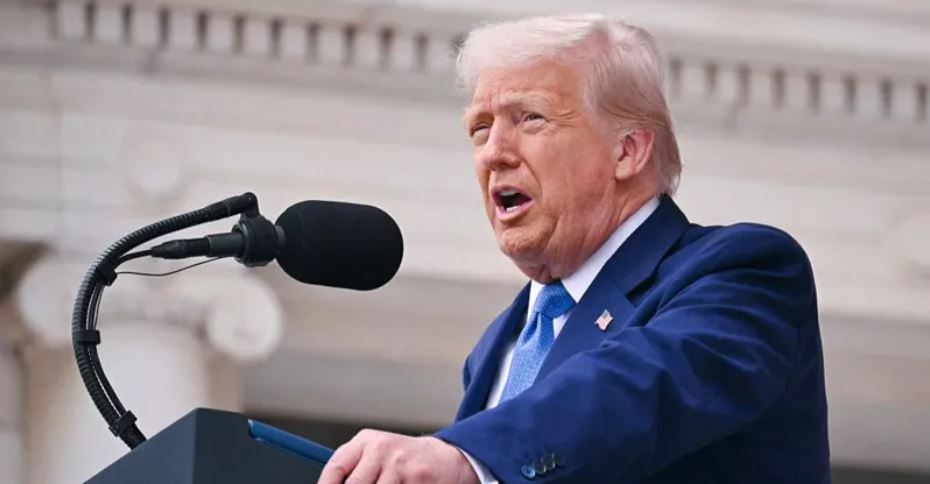
President Donald Trump's administration can temporarily revoke the legal status of over 500,000 migrants living in the US, the US Supreme Court ruled on Friday.
The ruling put on hold a previous federal judge's order stopping the administration from ending the "parole" immigration programme, established by former President Joe Biden. The programme protected immigrants fleeing economic and political turmoil in their home countries.
The new order puts roughly 530,000 migrants from Cuba, Haiti, Nicaragua and Venezuela at risk of being deported.
Justices Ketanji Brown Jackson and Sonia Sotomayor, two of the court's three liberal justices, dissented.
The parole programme allows immigrants temporary status to work and live in the US for two years because of "urgent humanitarian reasons or significant public benefit", according to the US government.
The Trump administration had filed an emergency appeal to the Supreme Court after a federal judge in Massachusetts blocked the administration from ending the programme, also known as CHNV humanitarian parole.
The White House "celebrated" the opportunity to deport 500,000 "invaders", White House Deputy Chief of Staff Stephen Miller told CNN. "The Supreme Court justly stepped in".
In her dissent, Justice Jackson wrote that the court's order would "have the lives of half a million migrants unravel all around us before the courts decide their legal claims".
On the day he took office, Trump signed an executive order directing the Department of Homeland Security to get rid of parole programmes. Then, in March, Homeland Security Secretary Kristi Noem announced the end of CHNV humanitarian parole.
Several immigrants rights groups and migrants from the programme sued the Trump administration over the decision, arguing they could "face serious risks of danger, persecution and even death" if deported back to their home countries.
The ruling comes after the Supreme Court earlier this month allowed Trump officials to revoke Temporary Protected Status (TPS) - a separate programme - for some 350,000 Venezuelan immigrants living and working in the US.
Humanitarian parole programmes have been used for decades to allow immigrants fleeing war and other tumultuous conditions in their home countries to come to the US, including Cubans in the 1960s following the revolution.
The Biden administration also established a parole programme in 2022 for Ukrainians fleeing after Russia's invasion.

















